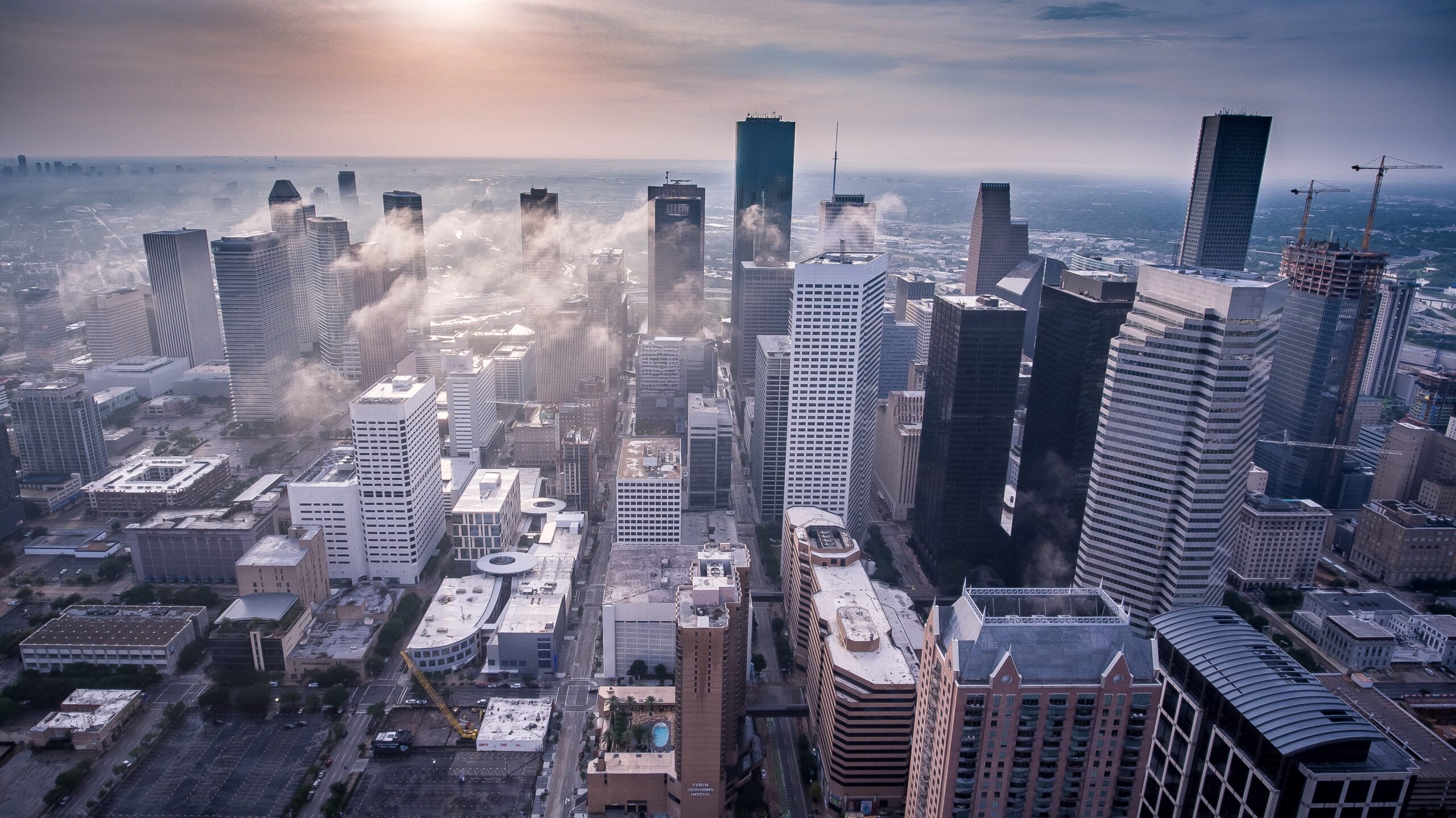Backed by Joe Biden’s $1.3 trillion stimulus package, the U.S. economy has awoken from an unprecedented slump, brought on by lockdowns and other coronavirus restrictions.
With a massive vaccine rollout and massive government spending, the U.S. economy is currently red-hot. The economy is expected to grow by 6.5% this year, the largest growth it has experienced since 1984. According to the Organization for Economic Cooperation and Development, this could place the U.S. economy in a better state than was forecast before the pandemic began.
The economy was always going to bounce back, but the height of the bounce is what has surprised many analysts.
However, economists fear that this could result in a two-speed recovery that threatens to widen gulfs in the global economy.
Richer countries, like the USA, and others with export-based economies are already starting to reap the benefits of rapid vaccination rollout programs and a return to normal. Meanwhile, poorer countries are facing a long wait of months, potentially years, before the majority of their population are vaccinated. They are still suffering greatly from the pandemic.
The problem is that many of these nations rely on the tourism industry to keep their economies afloat. With a still rampant pandemic, this sector is unlikely to recover in time to save many of the businesses that service the sector.
An example of the issues being faced is that of Clayton Fletcher. Mr. Fletcher runs a luxury safari lodge in the North West Province of South Africa. Up until the pandemic, it was a successful business, in 2020 he was forced to resort to killing animals and selling the meat to make ends meet.
He believed that 2021 was going to see the return of tour groups, and in February he was able to welcome his first group in almost a year and a half. But the recent emergence of the “South African” variant and a lackluster vaccination program has seen 16 parties cancel their vacations to the lodge.
This is a mere microcosm of the problem, but when you expand this across hundreds of countries and billions of people the scale of the issue becomes massive.
President of the World Bank, David Malpass, said in a virtual speech to the London School of Economics that – “Covid-19 descended on the poor like wildfire. In the pandemic of inequality, poorer countries are falling further behind.”
A widening gulf
As the recovery strengthens and a potential new wave of U.S. Government spending has an effect the likelihood is that inflation will rise sharply. This will force the U.S. Federal Reserve to raise interest rates.
In turn, this will raise borrowing rates for countries already pummeled by rising debt, decreased income, and soaring health costs.
For the world as a whole, this is a problem that richer countries can’t turn a blind eye to. Without a worldwide recovery, the potential for new variants of the coronavirus to bypass all vaccination programs remains high and, the potential to return to the dark days of early 2020 lurks in the background.


